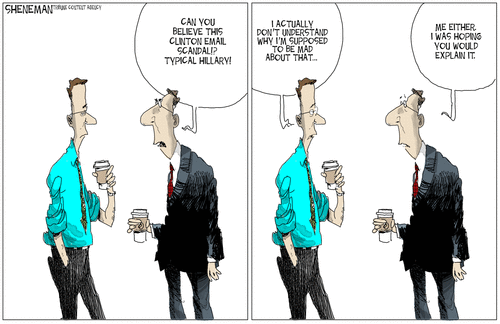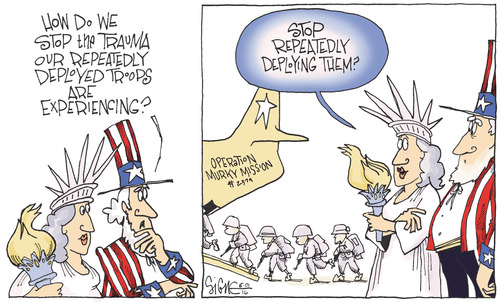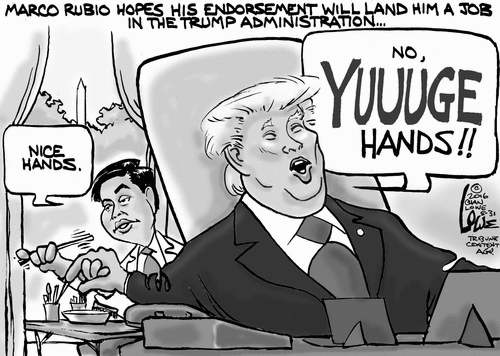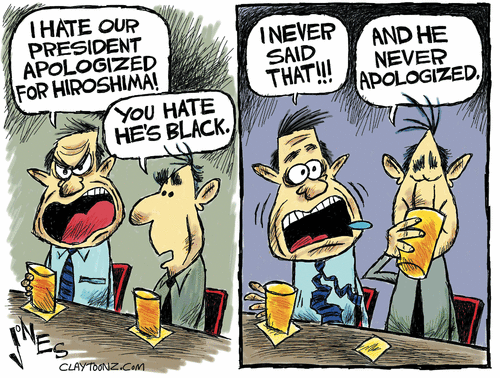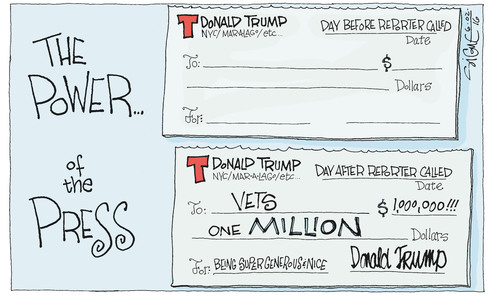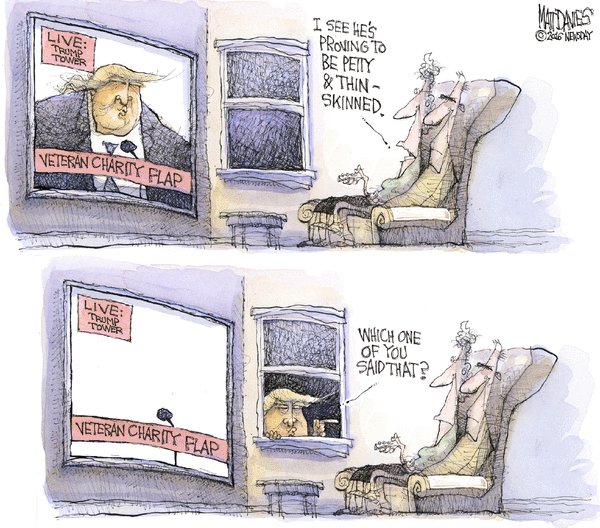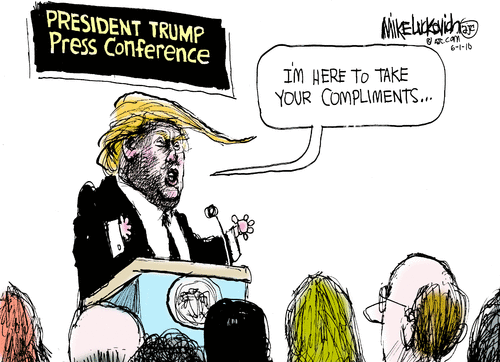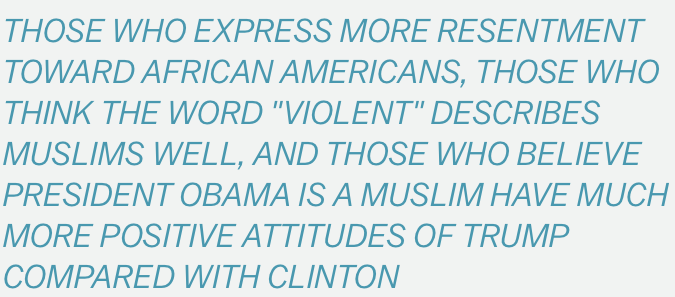Once upon a time, I used to teach a course on data structures and algorithmic analysis at Elmhurst College, where I had earlier completed my bachelors. My teaching technique relied heavily on game theory, as it was more fun to teach and learn and the concept of games is very accessible to students. At the root of most game theory is the concept of an intelligent, rational decision maker, who was proceeding to a goal state (winning) according to a common set of parameters (rules). Decisions are rendered based on the game state at the time and are are chosen based on heuristics (strategies) that try to measure the game state, anticipate the moves of competitors, encompass possible positive and negative outcomes, and choose between them.
The “anticipating the moves of competitors” part is a tricky bit, but the general rule of thumb is to anticipate that the opponent is also an intelligent, rational decision maker. If they are not – if they make stupid moves – then your continual heuristic re-assessment of the game state provides you with swifter, surer paths to the goal state: swifter in that it would take fewer turns to win; surer in that random elements of game play would be less likely to hurt you.
All that seemed too easy, so I went into politics.
At first blush, it would seem that the “intelligent, rational decision maker” aspect was the first thing I jettisoned. “Individuals are smart, but people are dumb,” is one of the mainstays of the political – or any – con game. The decision makers in elections seem to be the least rational, most difficult actors to anticipate in any game you’ve ever seen.
But they are not the players. They are the dice. Their votes are the events that happen within a range of predictable frequencies, whose aggregate effects are to reward the strategies of one player or the other by moving them closer to the goal state.
The players are the campaigns. These players operate within a set of rules and a common understanding of the transactional nature of the various stratagems they may employ. Good strategies like Obama’s in ’08 are rewarded for things like choosing Joe Biden as a running mate. Poor strategies like McCain’s are punished for dumb moves like Palin. But even that poor strategy came out of an intelligent rational decision maker who simply misread the state of play and ignored the risk of an unvetted choice in order to gain a reward (more women voters, a surer Right flank) that simply wasn’t fully realized.
But now comes Trump.
Trump isn’t simply an irrational, unintelligent decision maker. He also has no concept of the rules, no understanding of the board, no inkling of the decision-making capability of the opponent and no knowledge of how the dice actually operate. It’s as if he’s playing chess according to misunderstanding the rules of Hollywood Squares – as long as Donald is the center of the board, he wins.

Not on MY watch, Bubi.
This blew everybody’s mind in the primary – mine included – because the dice were continually in his favor. In fact, what’s gone wrong is that years of crooked rule-bending, board-tilting and dice-shaving by Republicans backfired on them in a game with 17 players, none of whom could correctly assess the state of play and all of whom assumed that the Republican voters were the rational ones.
So what to do with an irrational unintelligent decision maker playing the wrong rules on the wrong board?
Well, games theory tells us to continue making rational, intelligent decisions based on accurate assessments of the game state and rules and to make Donald pay for his mistakes.
Like Hillary did, yesterday.
Because allowing him to win this game and move on to the next one is the ultimate loss for everyone.

The only winning move is not to play
 Holy cow, has Trump put Perry in charge of the torture squads he so fond of?
Holy cow, has Trump put Perry in charge of the torture squads he so fond of?

